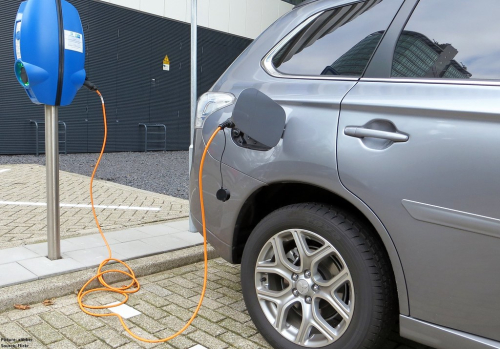From the end of Covid restrictions to Elon Musk’s Twitter bid to the Dobbs ruling, startling developments threaten progressives’ grip on power. Bjorn Lomborg writes:
We constantly hear that electric cars are the future—cleaner, cheaper and better. But if they’re so good, why does California need to ban gasoline-powered cars? Why does the world spend $30 billion a year subsidizing electric ones?
In reality, electric cars are only sometimes and somewhat better than the alternatives, they’re often much costlier, and they aren’t necessarily all that much cleaner. Over its lifetime, an electric car does emit less CO2 than a gasoline car, but the difference can range considerably depending on how the electricity is generated. Making batteries for electric cars also requires a massive amount of energy, mostly from burning coal in China. Add it all up and the International Energy Agency estimates that an electric car emits a little less than half as much CO2 as a gasoline-powered one.
The climate effect of our electric-car efforts in the 2020s will be trivial. If every country achieved its stated ambitious electric-vehicle targets by 2030, the world would save 231 million tons of CO2 emissions. Plugging these savings into the standard United Nations Climate Panel model, that comes to a reduction of 0.0002 degree Fahrenheit by the end of the century.
[Bjorn Lomborg, “Policies Pushing Electric Vehicles Show Why Few People Want One,” The Wall Street Journal, September 9]









